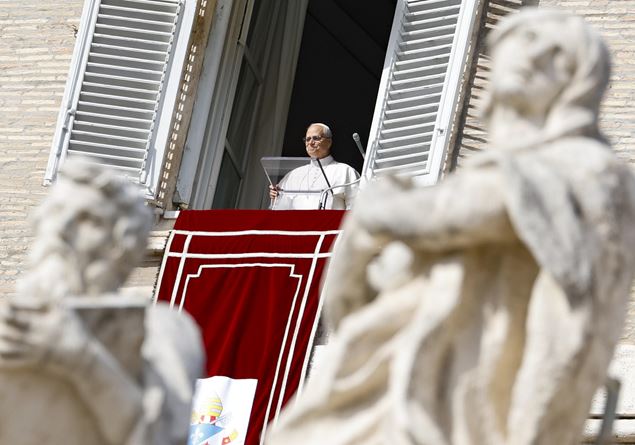There is no question of switching to the paradox: at first glance, the hypothesis of a resignation of the government after a vote of confidence unfavorable to the Prime Minister on Monday, September 8, carries negative consequences. Mainly two. First institutions that chance, the country’s executive, perhaps the National Assembly in the process if the president chooses to dissolve it, give the nation a feeling of fragility. Whether we like it or not, whether we have a civic conscience or that we do not have one, we live with the idea that the political framework of the country protects us, constitutes a part of our solidity, reassures us. We know deep down that the laws, the bodies that produce them, the police, the justice which are guaranteeing their respect are established foundations.
Admittedly, for decades, France had had material not to think about it every day, because the building was well planted. This serenity is now regularly troubled. In addition, this agitation worries the financial markets: interest rates, of course those to which France reimburses its sovereign debt (which is our collective debt), but by ricochet those concerning households for long -term loans, real estate loans, may be increased. The rates in fact partly incorporate the expression of confidence or distrust towards the borrower and the economic universe in which he lives. Yes, the rates of real estate credits will inflate, in proportions difficult to anticipate: the European Central Bank and our banks will undoubtedly do everything to amortize the magnitude of the earthquakes for households, so as not to break an already asthenic growth.
The bet that the real estate property will structure the life of the French
However, looking closely, we could well see another phenomenon, which no one is waiting for. The French, which are also said to be a nation more sensitive to politics than most others, are in any case attentive to the conditions of purchase of housing. Taxation, available aid condition their choices, such as the cost of debt. More broadly, so far, they have been reluctant to engage in an operation both mobilizing on the one hand of their precautionary savings, in fact reduced, and annihilating them to reimburse a credit for twenty or twenty five years. Without visibility on the march of their country in the medium term, they were not willing to take the step of the acquisition. The French are detaching themselves from the policy and the last Elabe survey is clear in this regard. 90% of our compatriots consider public decision -makers as incompetent, ineffective, sterile, despairing. They turn away from the political class and will act more and more in total independence from what is happening in politics. The telluric tremors to which households are constantly exposed were right for their interest in public affairs.
It is both very unhappy, cancer for democracy, and economically and socially desirable. We can even bet that real estate property will structure the life of French more than ever, and give meaning to their social life that political leaders are unable to give them. Undoubtedly, the challenge of reducing the country’s public deficit does not make them dream, even if the project of restoring France for future generations is breath. Ensuring your future by property, modernizing and perpetuating your accommodation, getting into a situation of transmitting and securing relatives, these are honorable and inspiring life objectives. The discredit of politics, terrible in itself, could well do the case of real estate and housing. In a way, households will tell themselves that it is up to them to write their destiny, to trace their way, without expecting anything from their political leaders, and to achieve this demanding and exciting goal than to carry out a housing project. We imperceptibly move from the desire for a housing policy to that of housing which takes the place of politics. We will rejoice, until political parties offer the country a more worthy spectacle.











